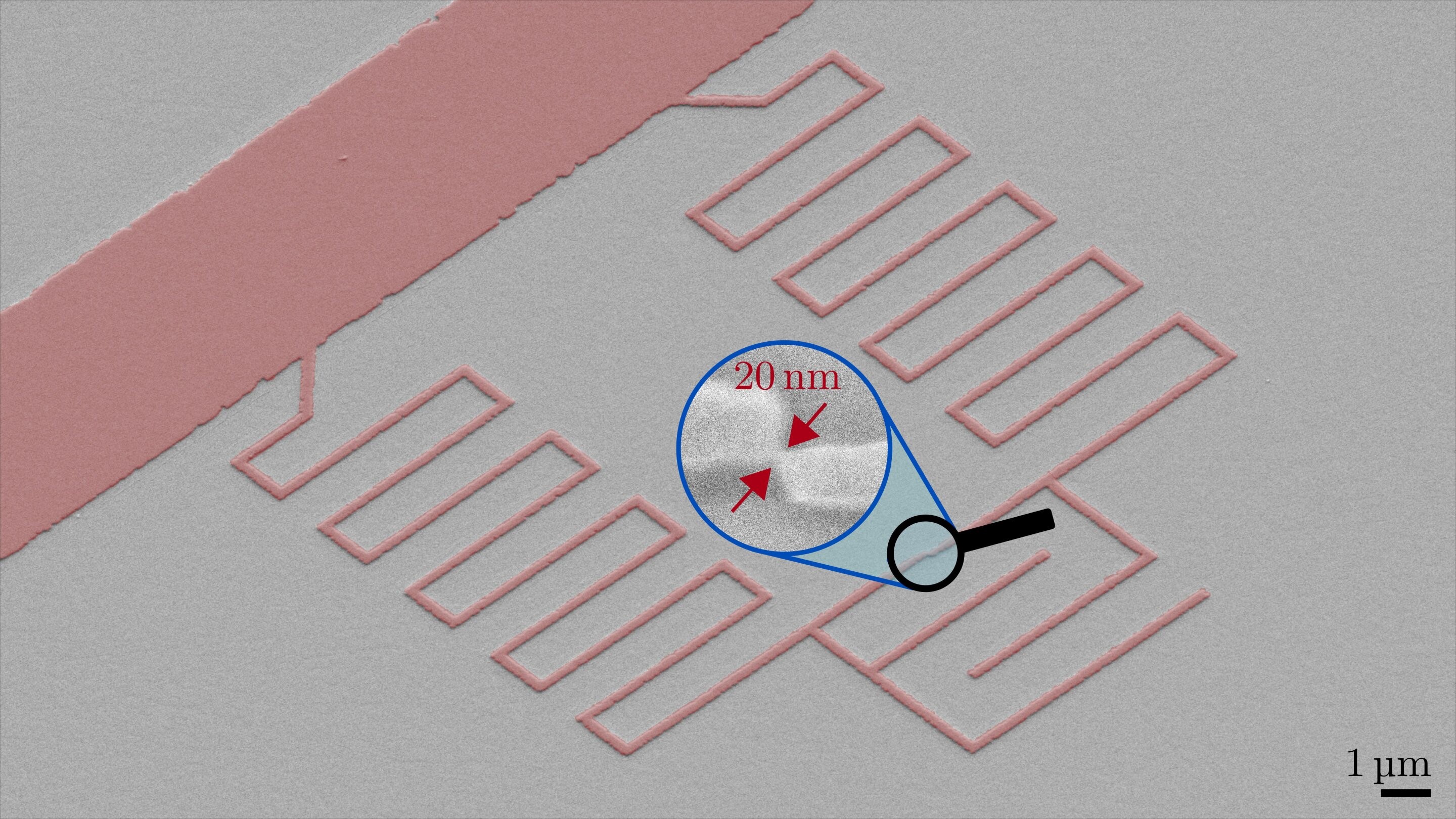

Large data sets can be processed more quickly by quantum computers since they perform several calculation processes in parallel. A qubit serves as the quantum computer's information carrier. Qubits include information that ranges from "0" to "1," as well as values in between.

The team's advancement is based on a strategy that has already been tried and tested, dubbed fluxonium qubits. Granular aluminium was used in some components of this prior version, whereas standard aluminium was used in others. Now, aluminium granules make up the whole qubits.
"The core of a superconducting qubit is a so-called Josephson junction that serves to store quantum information. Here, we made a crucial modification," said Dr Ioan M. Pop from KIT's Institute for Quantum Materials and Technologies (IQMT).
However, the challenge is creating qubits that are both tiny enough and fast enough to perform quantum computations. Typically, a thin oxide barrier separating two layers of aluminium is used to develop Josephson junctions for superconducting quantum bits. KIT researchers have now succeeded in developing novel, unconventional superconducting qubits.
"For our qubits, we use a single layer of granular aluminum, a superconductor made of aluminum grains of a few nanometers in size that are embedded in an oxide matrix," added Pop.
A particularly promising possibility is superconducting circuits. Superconductors are substances that, at very low temperatures, have no electrical resistance and, as a result, carry electrical current without suffering any losses. This is necessary to keep qubits in their quantum state and link them effectively.
"It is fascinating to see that all properties of our qubit are dominated by a very small junction of 20 nm only. Consequently, it acts like a magnifying glass of microscopic material defects in superconducting qubits and offers a promising option for improvement," stated Simon Günzler, IQMT.



Responses






